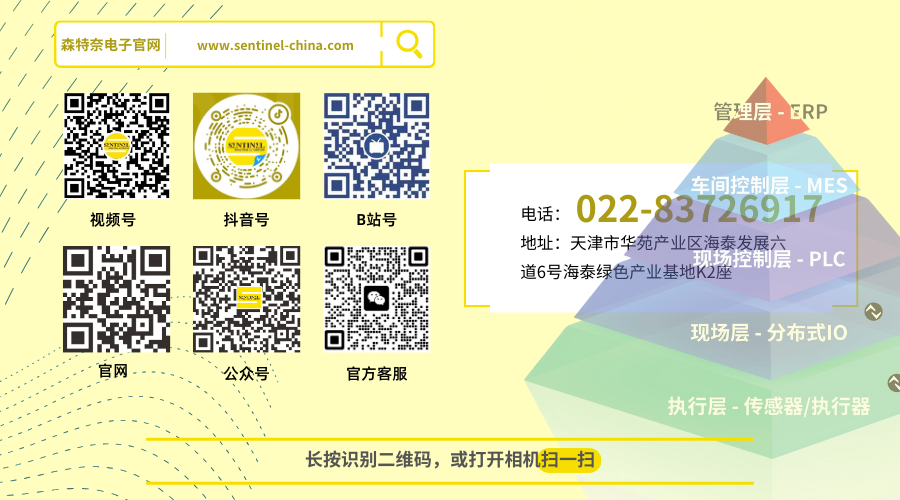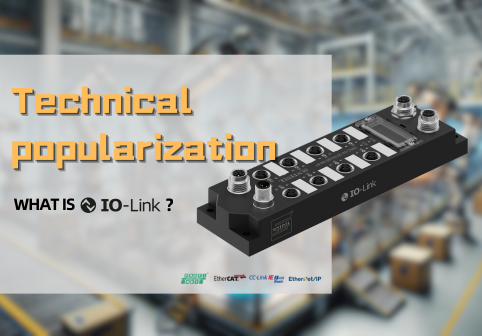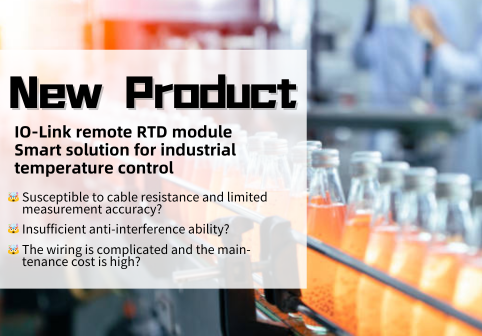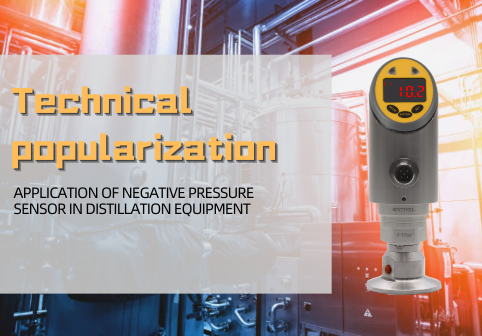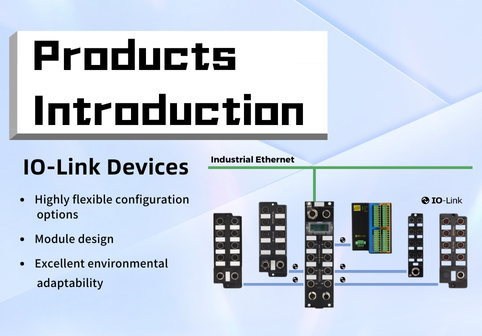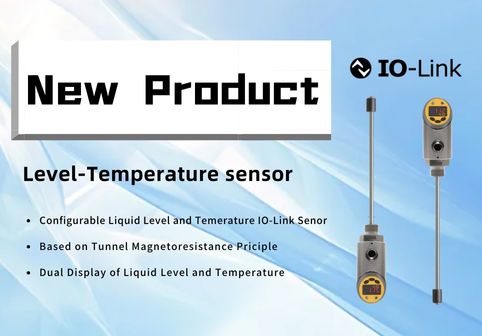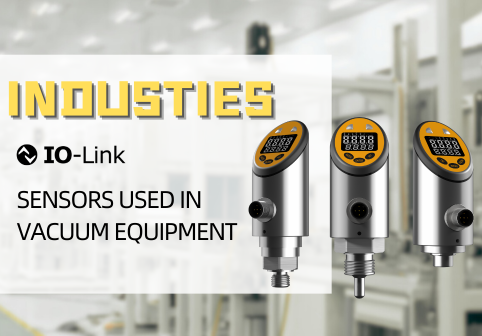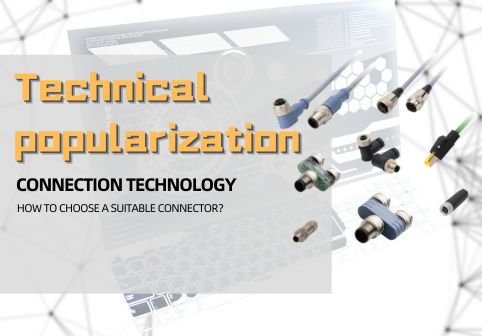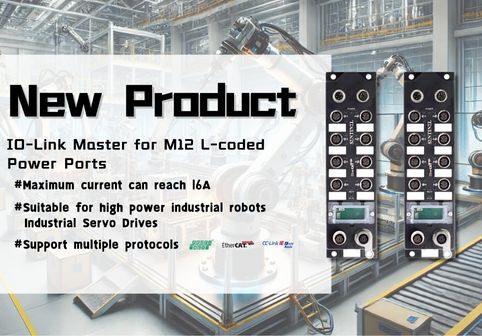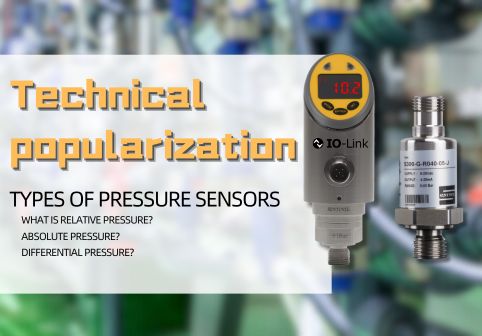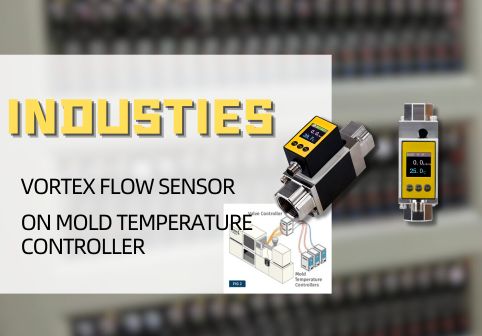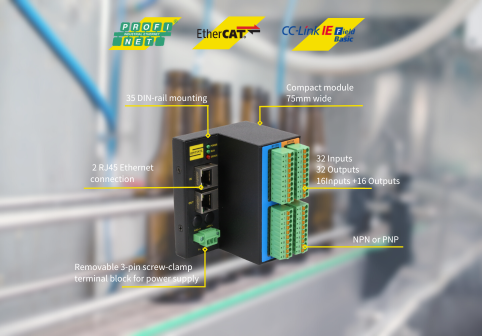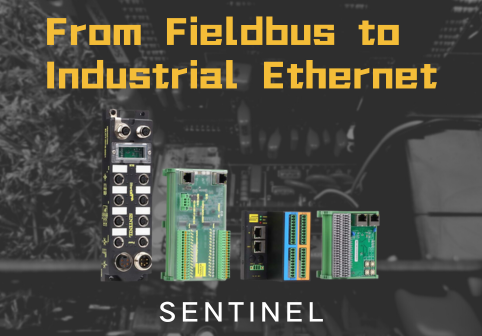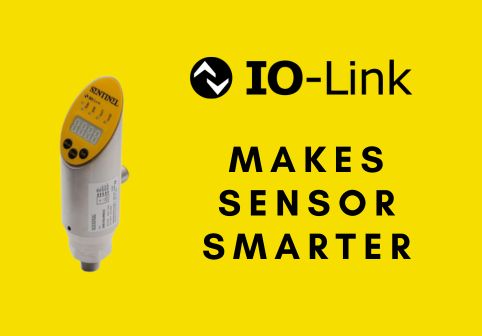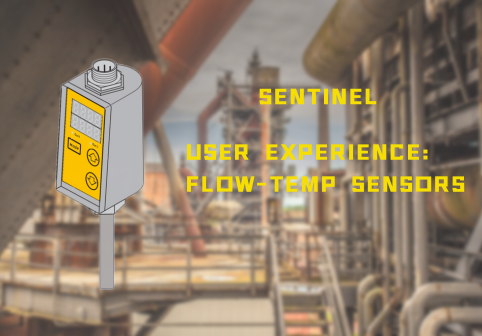Technical Insight | The Use of Negative Pressure Sensors in Distillation Equipment
Negative Pressure Distillation Equipment in the Food and Pharmaceutical Industry
In modern food and pharmaceutical production, negative pressure distillation equipment has become one of the key tools in processing. When handling heat-sensitive, highly volatile, or high-purity materials, traditional atmospheric pressure distillation equipment can lead to product quality degradation or loss of active components due to high temperatures. As a result, demand for low-temperature processes in the food and pharmaceutical industry has driven widespread adoption of negative pressure distillation technology.
In the food industry, negative pressure distillation is commonly used for essential oil extraction, juice concentration, and moisture removal, while in the pharmaceutical sector, it is utilized for extracting active ingredients, impurity separation, and concentrating drug solutions. For example, when extracting natural fragrances and essential oils, negative pressure distillation equipment helps to preserve the product’s original flavor and active ingredients, preventing quality loss due to high temperatures. Similarly, low-temperature extraction and separation in pharmaceutical manufacturing help ensure drug efficacy and improve the final product's purity and quality.

Operating Principle of Negative Pressure Distillation Equipment
The core principle of negative pressure distillation equipment is to lower system pressure, allowing liquids to evaporate at a temperature below their normal boiling point, enabling separation and purification. Atmospheric pressure distillation involves high temperatures, which can degrade heat-sensitive substances. Under negative pressure conditions, however, evaporation temperatures drop significantly, avoiding temperature-related damage to the materials.
The process includes the following steps:
- Vacuum System Setup: The vacuum pump reduces pressure within the distillation unit, creating a negative pressure environment, typically lowering it to thousands of Pascals or even lower.
- Heating the Material: The material is heated at low temperatures under negative pressure, causing it to evaporate at a lower temperature.
- Steam Condensation: The evaporated gas is introduced into the condenser, where it is converted back into liquid by a cooling medium (e.g., water or air) to capture the desired components.
- Product Collection: The condensed liquid is collected, completing the distillation process. This method allows for high-purity component separation, making it ideal for use in food and pharmaceutical processing.
Pressure Sensors as the Core of Negative Pressure Distillation Equipment
Understanding the applications and operation of negative pressure distillation equipment reveals that pressure control is essential to the system. To ensure the system operates at the correct vacuum level, real-time monitoring of internal pressure is necessary. Therefore, the pressure sensor is an indispensable key component.
Role of Negative Pressure Sensors
Negative pressure sensors help maintain a stable environment in distillation equipment through feedback. If system pressure becomes unstable, distillation efficiency can decrease, and product quality may be compromised. Even minor pressure fluctuations can affect purity or active ingredient content in food extraction or drug separation processes.
Real-Time Data Feedback
Real-time feedback from pressure sensors can also facilitate automation in distillation equipment. By linking to the control system, sensor data helps adjust the vacuum pump's operation, keeping the negative pressure within the set range. This approach not only enhances operational efficiency but also extends equipment lifespan and reduces maintenance costs caused by pressure fluctuations.
SENTINEL's Food- and Pharmaceutical-Grade Negative Pressure Sensors

In response to the specific requirements of negative pressure distillation in the food and pharmaceutical industries, SENTINEL has introduced a food- and pharmaceutical-grade negative pressure sensor. This sensor not only provides precise negative pressure monitoring but also offers unique features tailored for food and pharmaceutical production.
316L Stainless Steel, Suitable for Food and Pharmaceutical Industries
The food and pharmaceutical industries have strict sanitation requirements for production equipment, especially for components that come into contact with liquids or gases. SENTINEL’s pressure sensor uses 316L stainless steel, known for its excellent corrosion resistance and antibacterial properties, meeting the high standards for equipment surfaces in these industries. This material is widely used in food, beverage, and pharmaceutical production equipment, ensuring safety and sanitation during production.
Compact Design
SENTINEL’s sensor features a compact design that is smaller in size and easier to install. This design enables easy integration into various negative pressure distillation systems, whether large industrial units or compact laboratory equipment, providing efficient pressure monitoring.
Integrated IO-Link Functionality
To meet the smart technology demands of Industry 4.0, SENTINEL’s pressure sensor integrates IO-Link functionality. IO-Link is an intelligent sensor communication standard that allows two-way data transmission between sensors and control systems. With IO-Link, the sensor can not only send pressure data but also receive commands from the control system for remote configuration, diagnostics, and parameter adjustments. This feature greatly enhances equipment intelligence, making it easier and more efficient to monitor and maintain negative pressure distillation systems in factories.
Compared to traditional sensors, SENTINEL products offer significant advantages in terms of accuracy and response speed, especially suited to the high standards of the food and pharmaceutical industries.
Conclusion
Negative pressure distillation equipment plays a vital role in food and pharmaceutical production, and pressure sensors are essential to ensuring stable operation. SENTINEL pressure sensors, with superior performance, industry-standard design, and advanced smart features, provide a solid guarantee for efficient and stable operation of negative pressure distillation equipment. The introduction of SENTINEL sensors offers a cost-effective alternative, helping companies enhance production efficiency while controlling costs.
Customer Support and Services
For more information on SENTINEL products, please contact our sales team or call 022-83726972. You can also visit SENTINEL's official website at www.sentinel-china.com. The website offers comprehensive product information, selection manuals, CAD and Eplan files, as well as configuration files and tutorials, ensuring users have easy access to the information they need.
Our professional technical team is always ready to provide customized customer support and efficient after-sales service to maximize the benefits for every user.
